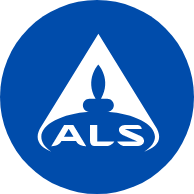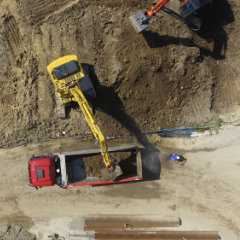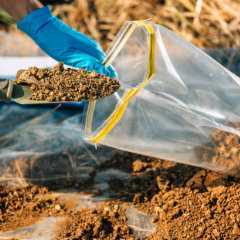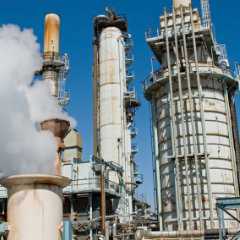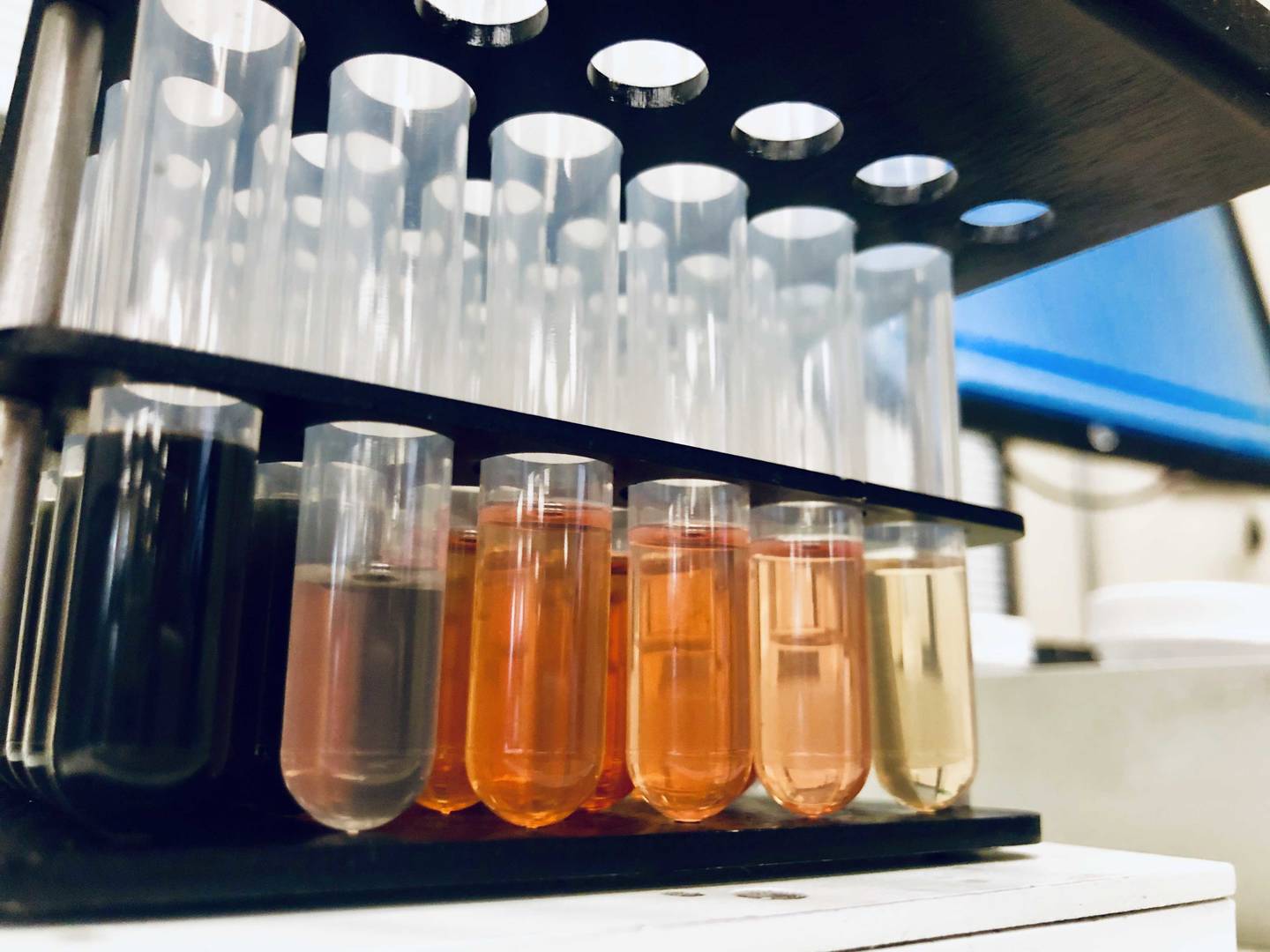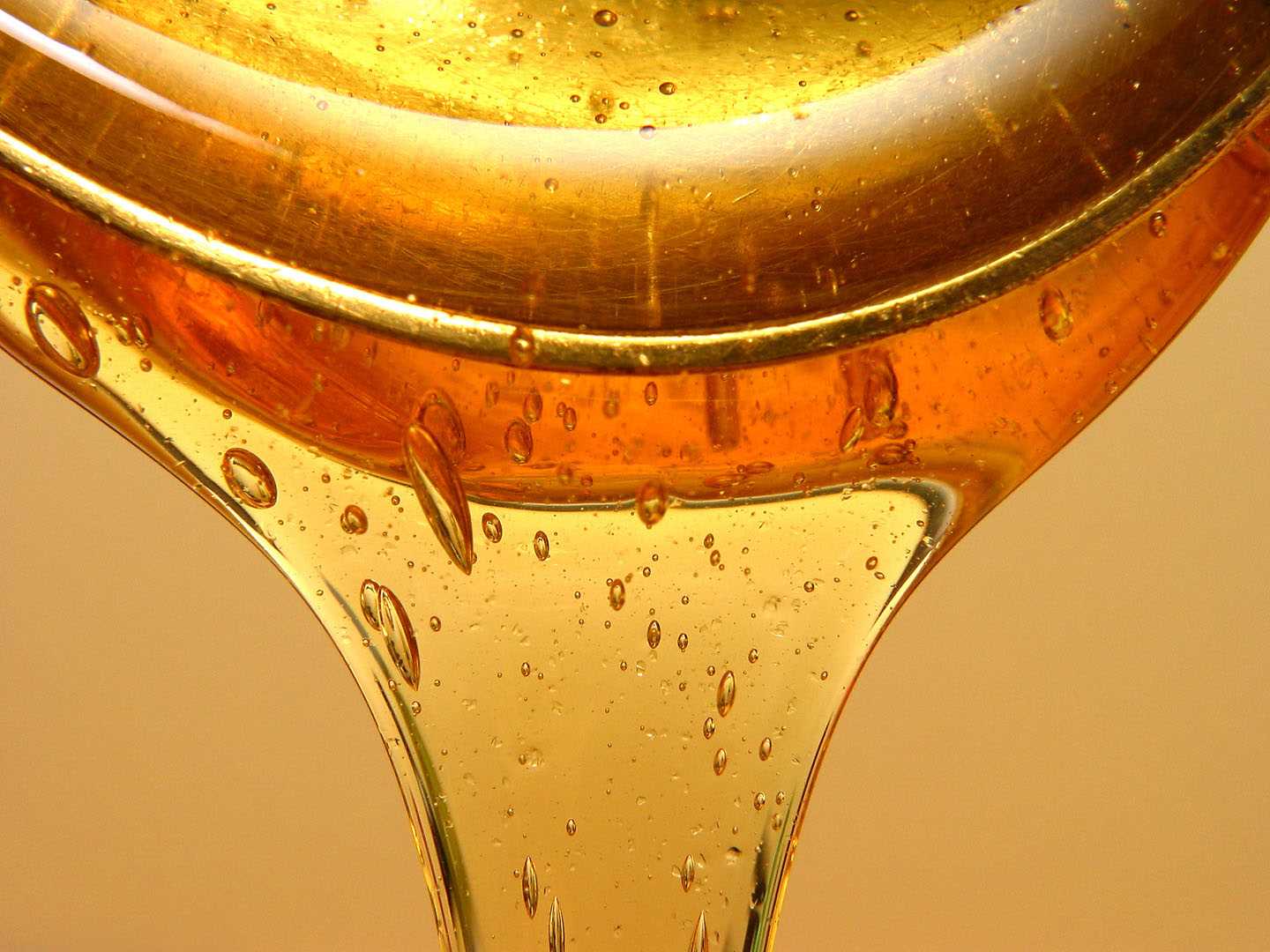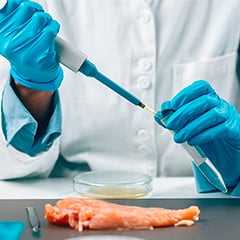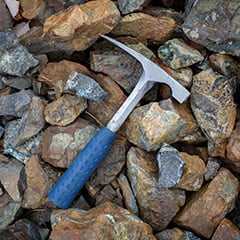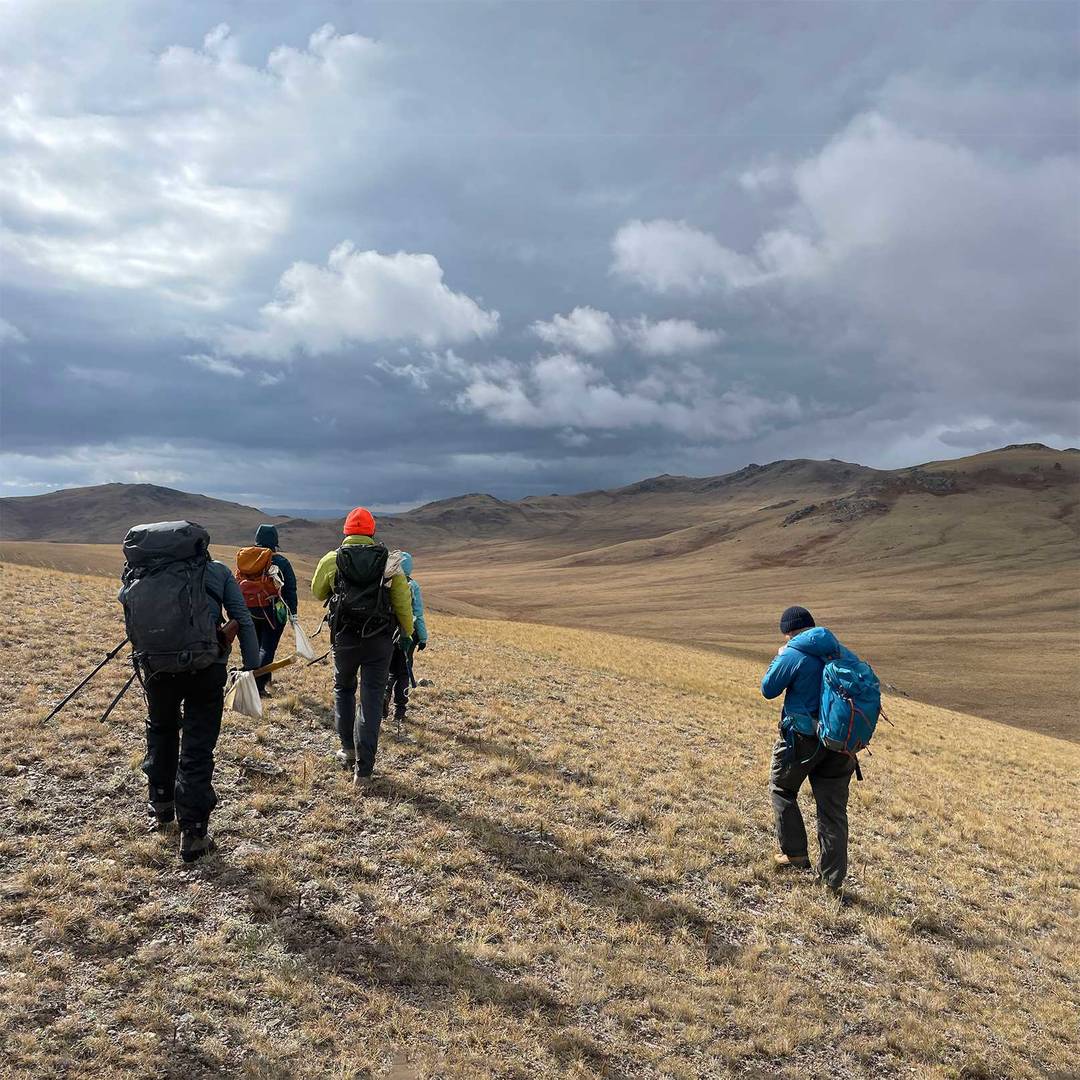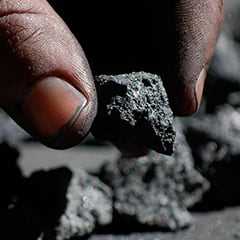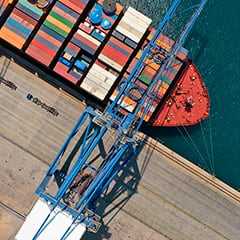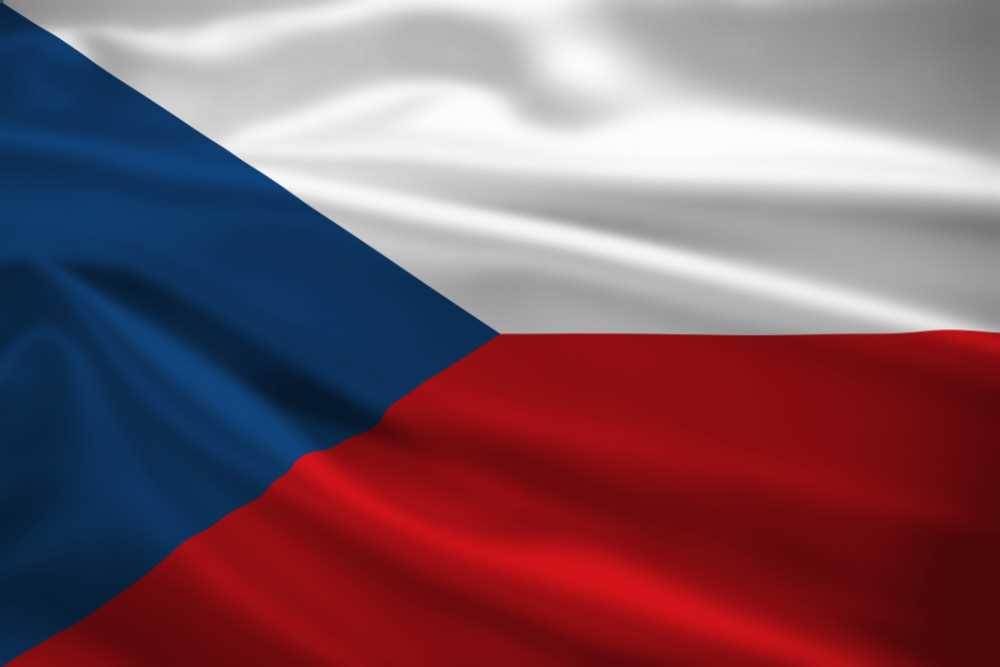EnviroMail 17 USA
EnviroMail 17 USA - TENORM Testing in CO
When hearing the words radioactive materials, most people tend to think of a nuclear power plant. In reality, the majority of radioactive materials are naturally occurring. This material is referred to as NORM, Naturally Occurring Radioactive Material.
Naturally occurring radioactive materials
NORM is natural radioactivity from uranium and thorium and their progeny—daughter or decay products—such as radium and is present in water, soil, and rock that is undisturbed as a result of human activity. However, we humans are very active in this world and a lot of the material does not remain undisturbed. Anytime the natural radioactivity levels are changed, either concentrated or reduced as a result of human practices the material is now referred to as TENORM, Technologically Enhanced Naturally Occurring Radioactive Material.
NORM/TENORM regulations
There are currently no federal regulations on NORM or TENORM which leaves this subject in the hands of the individual states. Many states have developed or are in the process of developing rules or guidelines. The Colorado Department of Public Health and Environment has implemented rule 6 CCR 1007-1 part 20 - Registration and Licensing of Technologically Enhanced Naturally Occurring Radioactive Material (TENORM).
Part 20 became effective on January 14, 2021. The rule will not be enforced until July 14, 2022. This is to allow time for the stakeholders and impacted facilities to characterize their existing materials and determine their TENORM levels.
Impact on industries
This new ruling will affect a number of different industries—oil & gas, drinking water, wastewater treatment, and mining among others. There are four nuclides of interest for Part 20. It will depend on which industry and potentially which operational process the material is coming from to know which nuclide needs to be tested for. There will be times when it is not necessary to test for the full suite.
Part 20 nuclides of interest:
- Radium-226 (Ra-226)
- Radium-228 (Ra-228)
- Lead-210 (Pb-210)
- Polonium-210 (Po-210)
With a location in Fort Collins Colorado, ALS has followed the development of this rule closely and has been involved with various stakeholder meetings. ALS can test for all four nuclides of interest for Part 20 and is capable of handling a wide variety of matrices. While there are only a handful of NORM matrices—undisturbed dirt, rock, surface water, and ground water, there are a wide array of TENORM matrices.
Common TENORM matrices include:
- Pipe scale
- Tank bottoms
- Waste water treatment residuals
- Sediment ponds
- Reclaimed drilling muds
- Recycled fracking water
- Filtrate (liquid or solid residuals)
- Scrap metal
Some of these matrices can be quite challenging for a laboratory and not all analytical methods are appropriate for all matrices. ALS is experienced in the challenges these matrices can present. With a knowledgeable and trained staff, ALS is ready to help with the needed TENORM characterization here in Colorado for all industries.
